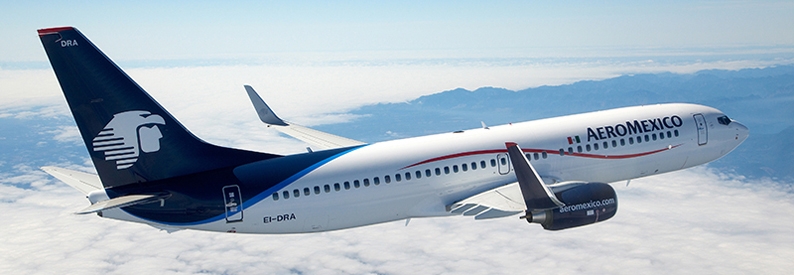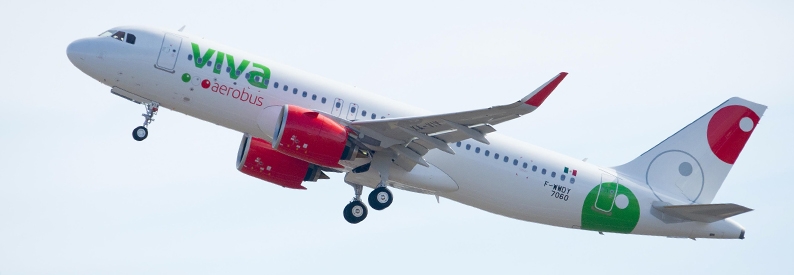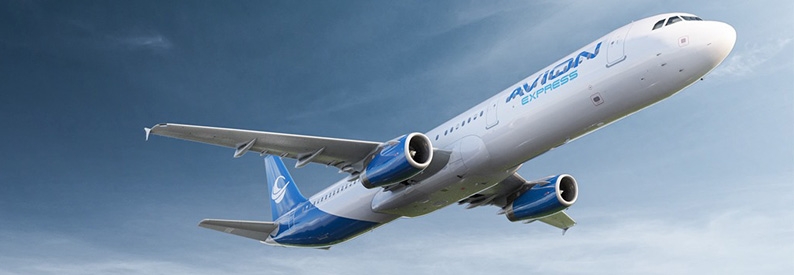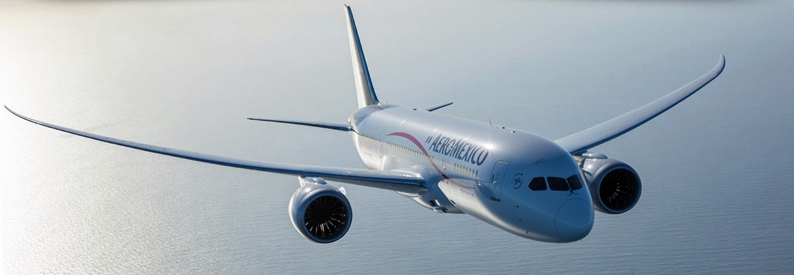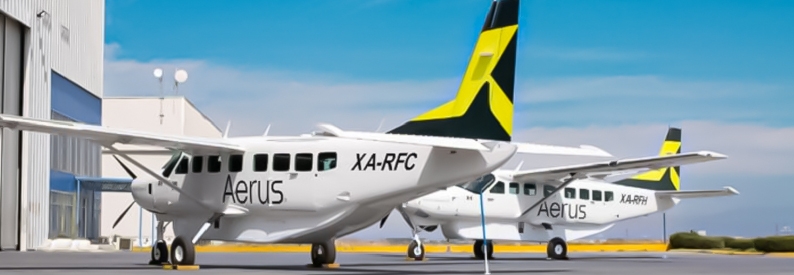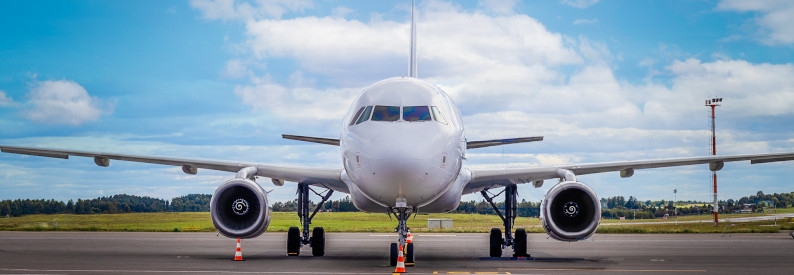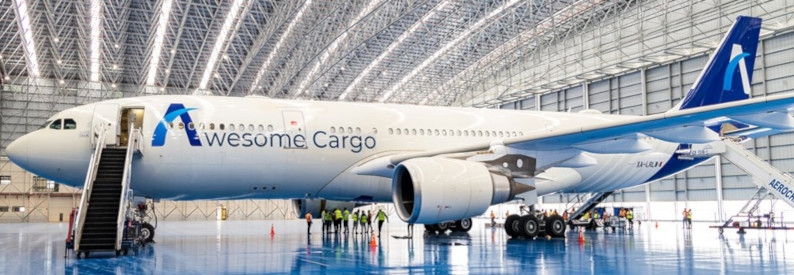A US Department of Transportation (DOT) pause on the review of the 15-year commercial agreement proposed between Allegiant Air (G4, Las Vegas Harry Reid) and VivaAerobus (Monterrey Mariano Escobedo), which includes an antitrust immunity (ATI) application, is political rather than technical, the Mexican carrier’s chief executive, Juan Carlos Zuazua, told reporters.
Zuazua said, according to Reuters, that both countries are currently in the midst of election seasons, and “I would think [the pause is political]. We don’t know if it will be before or after, but let’s hope [the tie-up is approved soon].”
Mexico has recently elected a new president, Claudia Sheinbaum Pardo, who will assume office on October 1, while the US is gearing up for an election between Democratic candidate Kamala Harris and Republican candidate Donald Trump.
The DOT paused its review of the VivaAerobus-Allegiant application in August 2023, saying it had concerns about how the Mexican government had implemented the US-Mexico air service agreement. In 2024, the department tentatively dismissed application from Aeroméxico and Delta Air Lines to renew their ATI, citing the same reasons.
In February, the four airlines submitted their respective objections to the DOT’s decision. VivaAerobus and Allegiant argued that any differences over the measures taken by the Mexican authorities should be addressed and resolved through diplomacy and other mechanisms available to the DOT, urging the US government to restart the review of their filing.
The DOT is yet to make a new announcement on both reviews, ch-aviation understands. Mexican officials and executives have reportedly suggested that the authority is worried about Mexican government actions such as the forced relocation of all cargo flights out of México City International to México City Felipe Angeles, and three consecutive capacity reductions at México City International in terms of slots.
The VivaAerobus-Allegiant joint venture includes a proposed USD50 million equity investment from the American ULCC. They have also identified over 250 potential new route opportunities, which would “dramatically expand” nonstop leisure routes between both countries and would be able to codeshare and fly to underserved or untapped markets.
